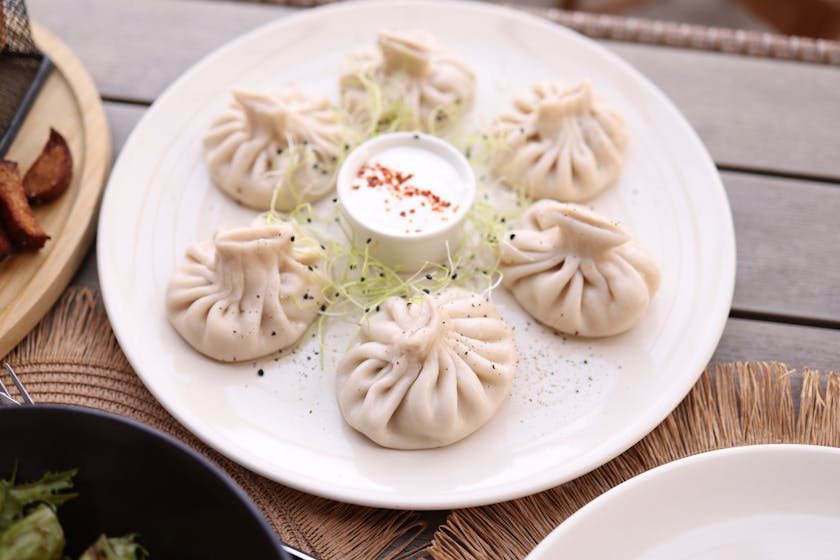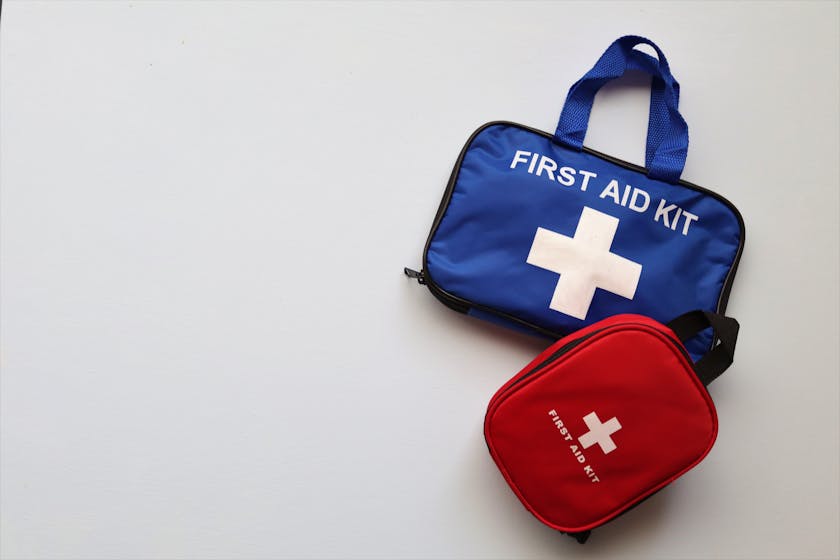If you’re looking to integrate bulk meal storage into your emergency preparedness plan, once-a-month cooking can be an invaluable strategy. Preparing and storing meals on a large scale not only ensures you have enough provisions during unexpected events but also helps to manage food resources wisely.
Understanding Bulk Meal Storage for Emergencies
In the context of emergency preparedness, bulk meal storage involves cooking and preserving large quantities of food in a way that they can be easily used during an emergency. This approach requires careful planning, from selecting the right recipes to ensuring proper storage techniques.
The Benefits of Once-a-Month Cooking
Once-a-month cooking, also known as freezer cooking, has several benefits:
- Time-saving: It allows you to cook in bulk, saving time in the long run.
- Cost-effective: Buying and cooking in bulk often leads to cost savings.
- Stress relief: Having meals ready to go can diminish the stress of meal planning during an emergency.
Selecting the Right Foods for Your Bulk Meal Storage
When choosing foods for bulk meal storage, focus on non-perishable items and ingredients that freeze well. Grains, legumes, and certain cuts of meat are excellent starting points. Additionally, consider meals that are nutritionally balanced and familiar to your family’s palate.
Essential Tips for Effective Bulk Cooking
Here are some practical tips to make your bulk cooking sessions more efficient:
- Plan your menu: Select recipes that are easy to scale up and freeze well.
- Inventory your kitchen: Make sure you have all the necessary ingredients and equipment.
- Label everything: Clearly label each container with the contents and date.
Storing Your Bulk Meals Safely
Proper storage is crucial for maintaining the safety and quality of your bulk-cooked meals. Use airtight containers or vacuum-sealed bags to prevent freezer burn and extend shelf life. Organize your freezer by type of meal and date to ensure efficient rotation and usage.
Thawing and Reheating Your Meals
When it’s time to use your stored meals, thaw them safely in the refrigerator or by using the defrost setting on your microwave. Reheat to the appropriate temperature to ensure food safety.
Customizing Your Bulk Meal Storage Plan
Every family’s needs are different, so tailor your bulk meal storage plan to fit your specific requirements. Consider dietary restrictions, preferred cuisines, and the likely duration of an emergency situation when planning your once-a-month cooking sessions.
Remember, the goal is to create a supply of meals that will keep you nourished and satisfied during times when normal food sources might not be available.



